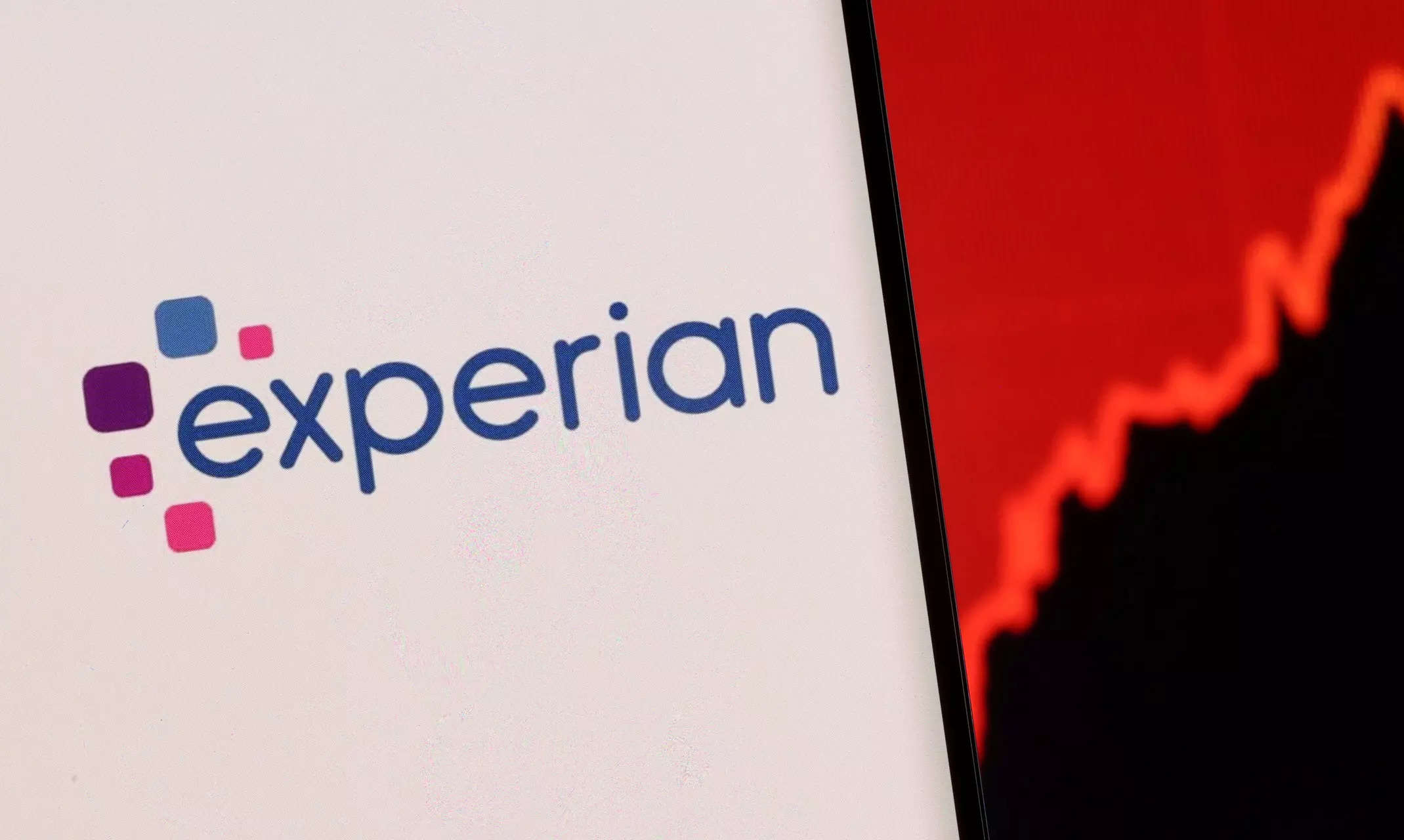
[ad_1]
Credit reporting agency Experian is facing a $650,000 fine in the US for not abiding by the country’s spam laws. The Federal Trade Commission (FTC) and the US Justice Department have announced a permanent injunction, Verge reports. The injunction that forbids the company from using deceptive marketing email practices has been granted by the US District Court in California.
Last week, the US regulators accused Experian of sending deceptive marketing emails to its customers along with its free credit monitoring memberships. The regulators claimed that these emails lacked both “clear and conspicuous notice” of the ability to opt-out and “a mechanism for doing so.”
How these Experian emails violated the spam laws
As per FTC, these Experian emails violate the Controlling the Assault of Non-Solicited Pornography and Marketing Act (CAN-SPAM Act). The FTC transferred the case to the DOJ to file the injunction before the court granted it. The court also ordered the company to pay the $650,000 fine within seven days.
What these emails read
These emails followed three common formats — A new car has been noticed on your account — please confirm it or You need dark web monitoring to protect you and the classic — boost your FICO score.
The report said that whenever users logged into their accounts they were redirected to a page that wanted them to upgrade their account or sign up for a loan. However, this part didn’t come under the purview of this case.
Meanwhile, the text at the bottom of emails shown in court docs read: “This is not a marketing email,” and claimed that the messages were notifications of recent account changes. No explicit opt-out link was visible on these emails except one that was meant to land on the company’s website.
The emails also mentioned that customers “can update some alerts and communications preferences” but will still “receive notifications like this one” on account status.
How this will affect Experian
This injunction will permanently forbid Experian from sending “transactional or relationship” messages if they fall under the FTC’s definition of commercial advertisements.
Apart from ordering the company to ensure there’s an explicit opt-out option in its marketing emails, the court also issued several compliance requirements to be sure the company is obeying the injunction.
The director of the Bureau of Consumer Protection, Samuel Levine said: “Signing up for a membership doesn’t mean you’re signing up for unwanted email, especially when all you’re trying to do is freeze your credit to protect your identity.”
Last week, the US regulators accused Experian of sending deceptive marketing emails to its customers along with its free credit monitoring memberships. The regulators claimed that these emails lacked both “clear and conspicuous notice” of the ability to opt-out and “a mechanism for doing so.”
How these Experian emails violated the spam laws
As per FTC, these Experian emails violate the Controlling the Assault of Non-Solicited Pornography and Marketing Act (CAN-SPAM Act). The FTC transferred the case to the DOJ to file the injunction before the court granted it. The court also ordered the company to pay the $650,000 fine within seven days.
What these emails read
These emails followed three common formats — A new car has been noticed on your account — please confirm it or You need dark web monitoring to protect you and the classic — boost your FICO score.
The report said that whenever users logged into their accounts they were redirected to a page that wanted them to upgrade their account or sign up for a loan. However, this part didn’t come under the purview of this case.
Meanwhile, the text at the bottom of emails shown in court docs read: “This is not a marketing email,” and claimed that the messages were notifications of recent account changes. No explicit opt-out link was visible on these emails except one that was meant to land on the company’s website.
The emails also mentioned that customers “can update some alerts and communications preferences” but will still “receive notifications like this one” on account status.
How this will affect Experian
This injunction will permanently forbid Experian from sending “transactional or relationship” messages if they fall under the FTC’s definition of commercial advertisements.
Apart from ordering the company to ensure there’s an explicit opt-out option in its marketing emails, the court also issued several compliance requirements to be sure the company is obeying the injunction.
The director of the Bureau of Consumer Protection, Samuel Levine said: “Signing up for a membership doesn’t mean you’re signing up for unwanted email, especially when all you’re trying to do is freeze your credit to protect your identity.”
[ad_2]
Source link
